What data is sufficient to initiate an investigation – UNBA comments on draft law No. 12439
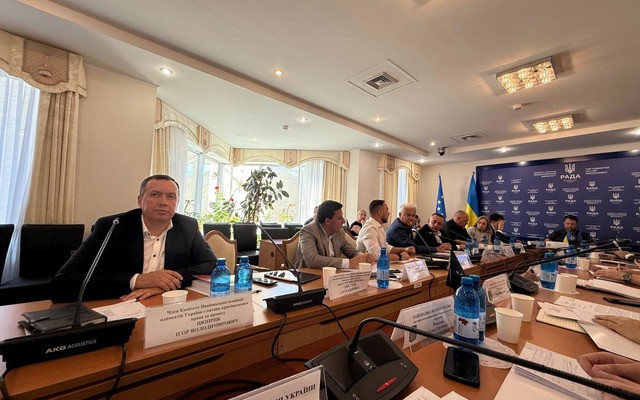
The problem of law enforcement pressure on business remains one of the most acute for the Ukrainian economy. The lack of regulation of certain procedures in the Criminal Procedure Code leads to abuses, as a result of which entrepreneurs find themselves in a state of legal uncertainty.
These issues were discussed during meetings of the working group of the Verkhovna Rada Committee on Law Enforcement, which is preparing for the second reading of draft law No. 12439 of January 24, 2025, «On amendments to the criminal Procedure Code of Ukraine to improve guarantees for the protection of business entities during criminal proceedings». At the invitation of parliamentarians, Ihor Tsiupryk, representative of the Ukrainian National Bar Association and member of the UNBA Committee on criminal law and procedure, took part in the working group.
The draft law contains a number of changes aimed at strengthening property rights and preventing abuse during pre-trial investigations. These include consolidating the grounds for returning temporarily seized property, introducing an obligation for prosecutors to promptly decide on its return, allowing the owner or their representative to participate in the consideration of a motion to «legalize» an urgent search, and the right to appeal the relevant ruling.
It is also planned to clarify the grounds for initiating a pre-trial investigation, as defined in Article 214 of the CPC. It is proposed that information be entered into the Unified Register of Pre-trial Investigations not simply on the basis of a statement (report) of a criminal offense, as is currently the case, but on the basis of a statement containing sufficient information about the circumstances that may indicate that a criminal offense has been committed.
During the last meeting, which took place on August 19, I. Tsypryk voiced the UNBA's comments on the draft law, in particular regarding amendments to Article 214 of the CPC.
The legal community pointed out that the new version of this article would create legal uncertainty due to the absence of the concept of «sufficient information». This makes it possible to abuse the right to file a report and to refuse to enter information into the Unified Register of Pre-trial Investigations without good reason. The Association proposes to enshrine in law that sufficient data is that which falls under the grounds specified in Part 5 of Article 214—such an approach will ensure predictability and consistency of the rules.
In addition, the UNBA emphasized the need to strengthen prosecutorial oversight of the completeness and timeliness of the registration of criminal offenses. Unfortunately, the draft does not contain an adequate mechanism for this. Advocates believe that this responsibility could be assigned to the Prosecutor General, heads of regional and local prosecutor's offices, and their deputies.
Separate attention was drawn to the advisability of expanding the mechanism for appealing against the inaction of an investigator, inquiry officer, or prosecutor: in addition to appealing to an investigating judge, the possibility of appealing to a prosecutor or a higher-level prosecutor should also be provided for. This would reduce the burden on the courts.
«These proposals can improve the procedure for entering information into the Unified Register of Pre-trial Investigations, ensure the rule of law, and significantly reduce opportunities for abuse of criminal proceedings by law enforcement agencies», - said I. Tsypryk.
Following the discussion, the working group participants reached a consensus on the need for fundamental improvement of Article 214 of the CPC, taking into account the positions expressed by all parties involved in the discussion.
The full text of the UNBA's comments on draft law No. 12439 is available at link.
Popular news
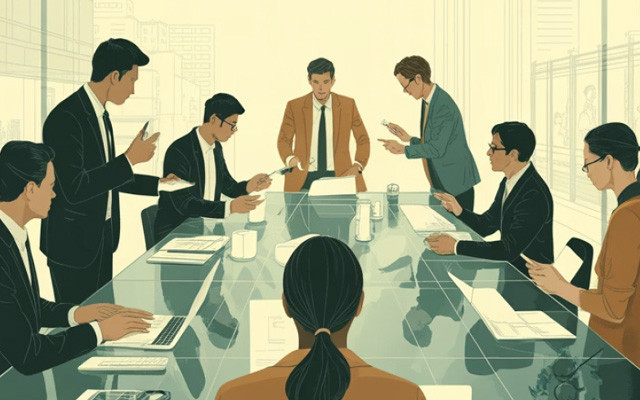
Edition
Advocate or lobbyist? The UNBA has presented a guide to distinguishing between the professions
The Ukrainian National Bar Association has prepared a guide that helps distinguish between the legal status of an advocate and a lobbyist, explains the limits of permissible activities for each, and prevents possible violations of ethical and legal standards when participating in public policy-making.
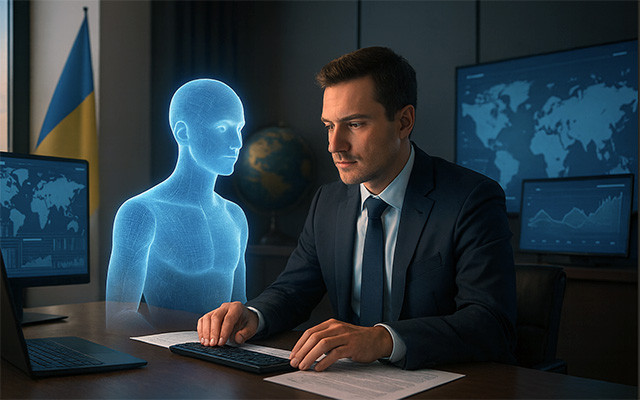
Announcements
Essay contest on the synergy of human and artificial intelligence in diplomacy has begun
The Educational and Scientific Institute of International Relations at Taras Shevchenko National University of Kyiv invites students from higher education institutions in Ukraine to participate in the Second All-Ukrainian essay competition on the topic «Modern Ukrainian diplomacy: synergy of human and artificial intelligence in defending national interests».
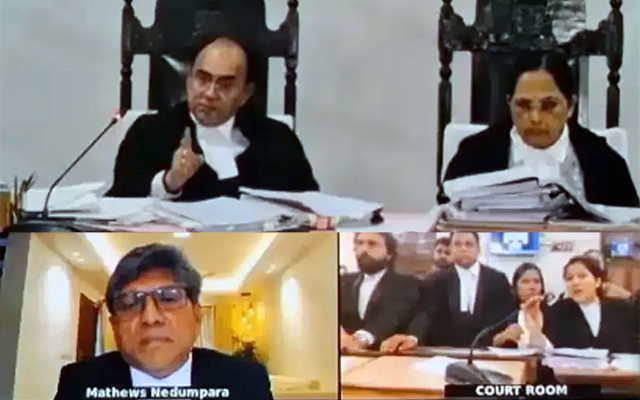
Abroad
Where is the line between respect for the court and the dignity of an advocate?
Ukrainian advocates sometimes complain about condescending attitudes or tactless remarks from judges. But such conflicts are not unique to Ukraine. In various countries, advocates raise issues of communication culture in court, mutual respect, and the inadmissibility of humiliating participants.
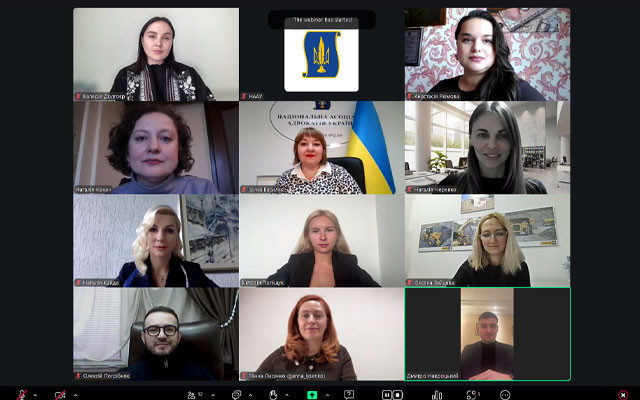
Discussion
Occupational safety during wartime: legal risks and employer liability
On October 21, the National Bar Association of Ukraine held a round table discussion on «Occupational safety in conditions of martial law». Participants discussed how the war has changed the requirements for safe working conditions, what guarantees remain for employees, and what responsibility employers bear for violations of legislation in this area.
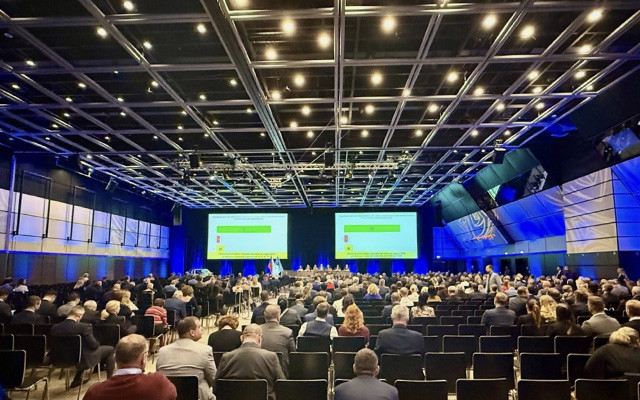
Abroad
The Czech advocacy has spoken out in defense of the professional independence of its Ukrainian colleagues
The Czech Bar Association (Česká advokátní komora, ČAK) will appeal to Ukrainian President Volodymyr Zelenskyy and Ukrainian authorities to ensure the preservation of the independence of advocacy in Ukraine.
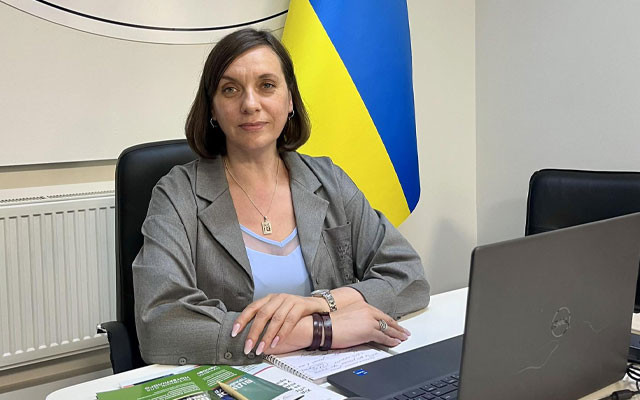
Legal defence of military personnel
When agreement is (im)possible: family disputes involving military personnel
The number of family cases involving military personnel is growing, with the most common issues being divorce, division of joint property, alimony, deprivation or contestation of parental rights, adoption, establishment of guardianship, and cases related to domestic violence.
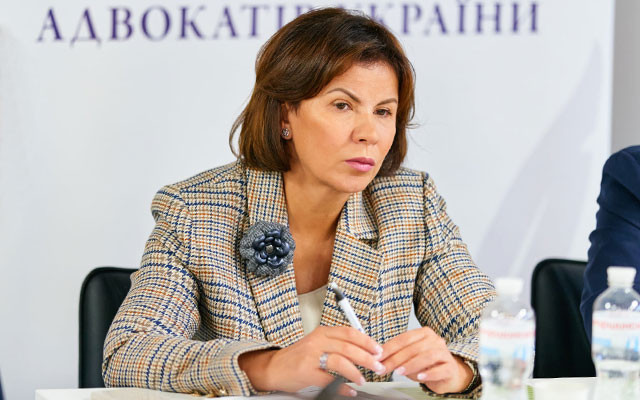
Self-government
Marina Stavniychuk: The UNBA is a professional organization, not a monopoly
A unitary state requires uniform standards for access to the profession and disciplinary responsibility, which is why the Ukrainian National Bar Association acts as a professional organization. Accusations of monopoly are false, because public associations cannot replace professional self-government.
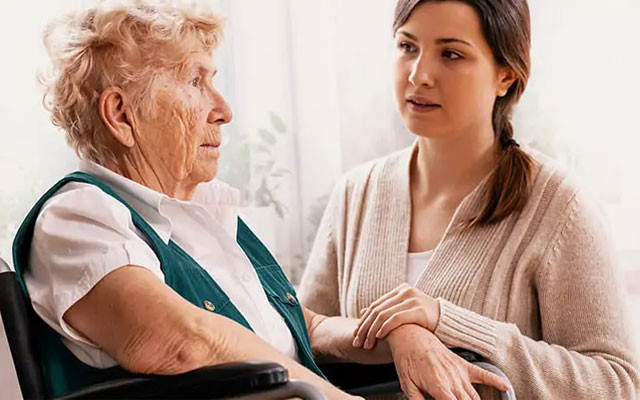
Legislation
UNBA warned about the risks of uncoordinated changes regarding incapacitated persons
The Ukrainian National Bar Association supports the idea of strengthening guarantees for persons declared legally incompetent by a court, but warns against adopting changes that are not coordinated with each other. To ensure real, rather than declarative, protection of rights, a systematic review of the provisions of the Civil Code and the Code of Civil Procedure is necessary.
Publications

Censor.net Protecting advocates – protecting justice: addressing concerns about the new law

Ihor Kolesnykov A BRIEF SUMMARY REGARDING THE APPLICATION OF THE ORDER ON EXTENDED CONFISCATION IN LATVIA REGARDING FINANCIAL ASSETS OF…

Valentyn Gvozdiy WORKING IN A WAR ZONE

Lydia Izovitova Formula of perfection

Sergiy Vylkov Our judicial system is so built that courts do not trust advocates

Iryna Vasylyk Advocacy in the proclamation of Independence of Ukraine

Oleksandr DULSKY When we cross the border of the Supreme Anti-Corruption Court, we get into another department of the National Anti-Corruption…

Vadym Krasnyk The UNBA will work, and all obstacles and restrictions are only temporary inconveniences
